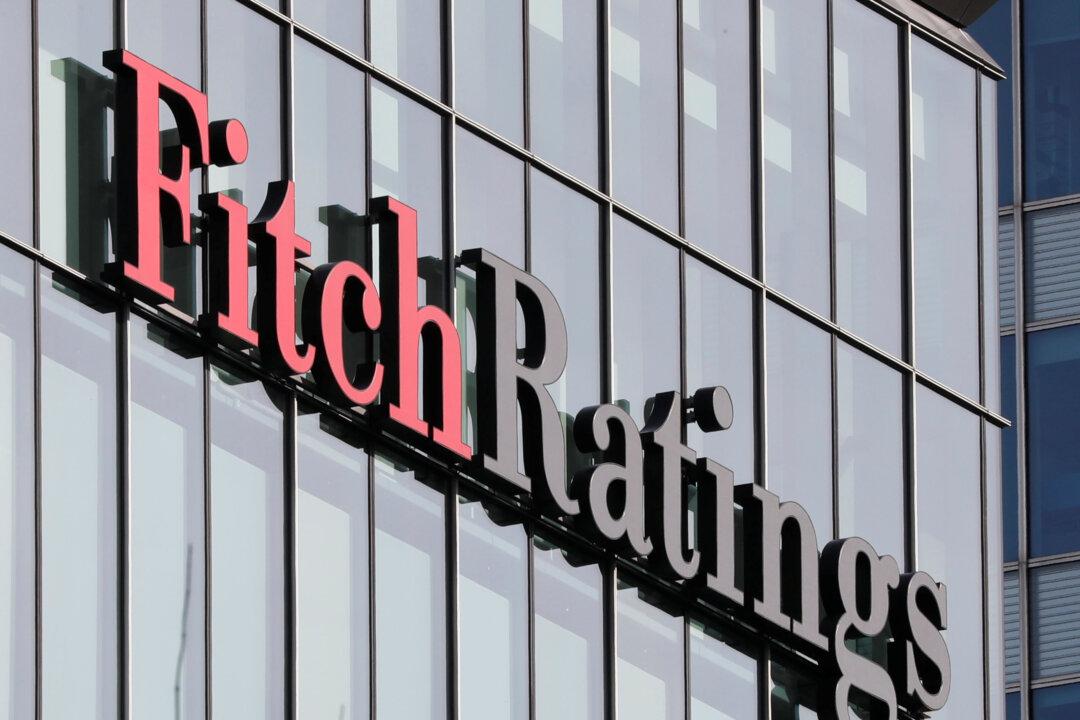A senior analyst at Fitch has warned that the credit rating agency may be forced to slap dozens of U.S. banks, which could include JPMorgan Chase and Bank of America, with downgrades amid ongoing concerns in that industry.
Chris Wolfe, head of North American banks at Fitch Ratings, told CNBC in an Aug. 15 interview that if Fitch reduces its score for the overall operating environment of U.S. banks by another notch—to A+ from AA-—that would force a series of downgrades of individual banks.





